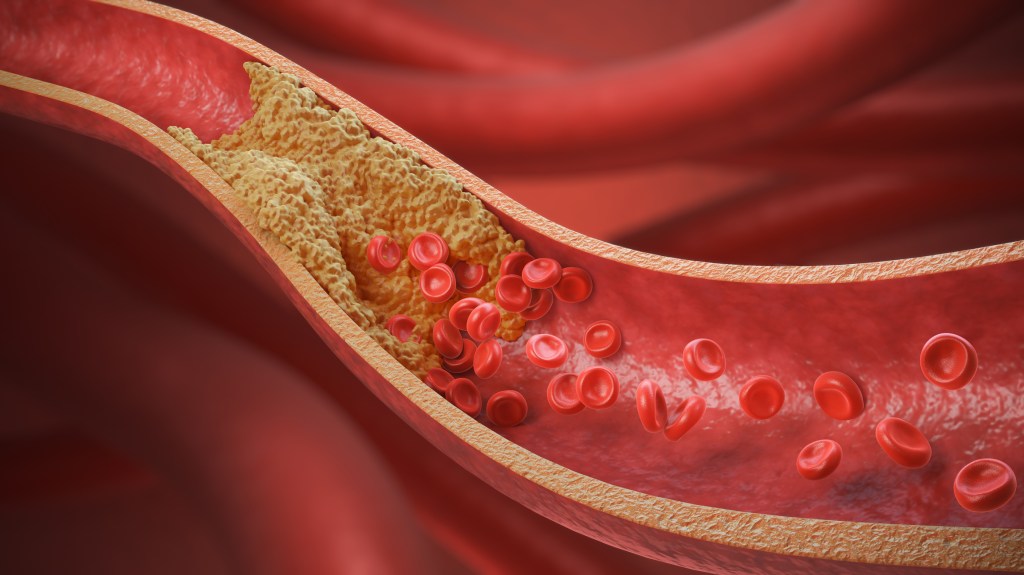Despite all the protein, vitamins, and minerals that eggs dish out, they feature one potential thorn in an otherwise rosy nutritional profile: They’re famously high in cholesterol, leading some 20th-century researchers to suggest that they could raise your cholesterol and contribute to heart disease. However, a new study out of Australia may have flipped the script.
Publishing their results in The American Journal of Clinical Nutrition, researchers narrowed in on the difference between dietary cholesterol — the kind eggs contain — and LDL cholesterol, or the “bad” kind that can increase your risk of cardiovascular disease. They found that eating two eggs a day as part of a high-cholesterol, low-saturated fat diet actually lowered LDL levels, potentially reducing the risk of heart disease.

“Eggs have long been unfairly cracked by outdated dietary advice,” lead researcher Jon Buckley said in a news release. “They’re unique — high in cholesterol, yes, but low in saturated fat. Yet it’s their cholesterol level that has often caused people to question their place in a healthy diet.”
He continued, “In this study, we separated the effects of cholesterol and saturated fat, finding that high dietary cholesterol from eggs, when eaten as part of a low saturated fat diet, does not raise bad cholesterol levels.”
To figure this out, the team assigned 61 adults one of three diets containing the same calories: the first high in cholesterol and low in saturated fat that included two eggs per day, the second low in cholesterol and high in saturated fat sans eggs, and the third a control diet high in cholesterol and saturated fat that included one egg per week.

Their findings? After a five-week period, the two-egg diet lowered LDL levels compared to the control diet, and the low-cholesterol, egg-free diet did not. On the flip side, saturated fat intake correlated with an increase in LDL cholesterol across all of the diets.
“It was the saturated fat that was the real driver of cholesterol elevation,” Buckley said. “You could say we’ve delivered hard-boiled evidence in defense of the humble egg.”
And if you need even more reason to whip up your favorite omelette, a 2024 study found that consuming at least one egg per week was associated with a 47% decrease in Alzheimer’s risk compared to eating eggs less than once a month. The research also found that 39% of this impact was facilitated through choline, a nutrient that affects fetal brain development and has been linked to improved cognitive function in adults.
“Eggs are one of the few commonly consumed foods that are naturally rich in choline, a nutrient that we are researching to further understand its role in supporting both cognitive development in infants and young children and maintenance during the aging process,” lead author Taylor Wallace said in a press release at the time.
So if you’re taking a good, hard (boiled) look at your breakfast plate, you may want to place other items on the chopping block first, from a health perspective, at least. “When it comes to a cooked breakfast, it’s not the eggs you need to worry about — it’s the extra serve of bacon or the side of sausage that’s more likely to impact your heart health,” Buckley said.
RELATED: Got 10 Minutes? Short Bursts of Activity Linked to Lower Heart Disease Risk












